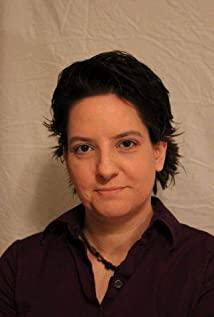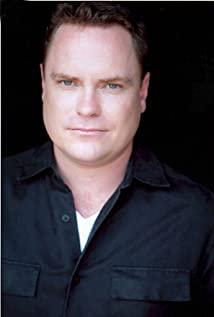The IRS actuary played by Will Ferrell is a full-fledged obsessive-compulsive patient. His life is so accurate that he can even brush his teeth. The monotonous, boring life without any surprises or surprises suddenly ended on a certain Wednesday. He heard a voice that accurately described his life, and this voice predicted his death.
The writer played by Emma Thompson feels exhausted. She is troubled by the way the character should die? Until inspiration came, but at this time Will Ferrell also came, and he finally knew who the voice was.
Will hopes Emma will change the fate of the characters in his pen, but it is himself who will change his fate in the end.
The ending of the movie is very vulgar. As we thought, Will did not die as planned, but "lived happily ever after." But this "vulgar" is very right in this movie, the plot is right, and the feeling is right, so why can't it be vulgar? Sincere vulgarity is closer to the heart than hypocritical ya.
Seeing Will's role, I thought of the suffering of patients with obsessive-compulsive disorder. Each of us has a somewhat compulsive behavior, such as thinking about a problem repeatedly; repeating a melody of a song in our heads all day; obviously locking the door but suspecting that we have forgotten to lock the door; we must step in when we walk on the road. Inside the bricks, you can’t step on the sidelines.... Normally, as long as it does not affect our quality of life, a little bit of compulsive behavior is normal, but when this normality becomes a habit and becomes a part of life, Like Will in the film, his life is organized and meticulous, but extremely boring, no love, no surprises, and no accidents. Sometimes it is very sad that there are no accidents.
Maybe we should learn to change, even though you think "Why?" But in the face of a better and more exciting life, "why not?"
A netizen said, "Heaven is in the heart, and so is hell."
View more about Stranger Than Fiction reviews











